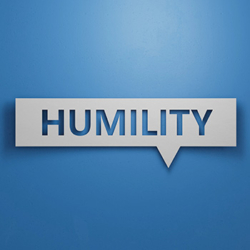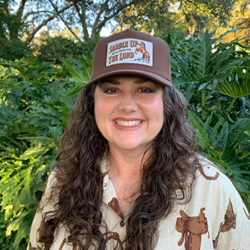How do you define partnership?
Partnering is a process in which parties agree to cooperate to achieve a common goal or task. The partners you choose in both business and personal relationships require many important components –the top two in my experience are trust and the willingness for partners to act as advocates for one another.

Mentoring is a form of partnership
Several years ago, I attended my daughters college graduation at Florida A&M University (FAMU) The keynote speaker at the graduation talked about mentoring. When he told the graduating class to “choose a mentor who has as much interest in your success as you do,” that struck a chord with me. Mentoring is a form of partnering. I have worked for companies over the years that promoted the idea of mentoring, yes – but ended up being very one-sided partnerships that offered little opportunity to the person being mentored.
Partnerships help deliver the best customer experience
 At Allen & Company, things are very different. Ours is an employee owned company, which does contribute to our commitment to “make a profound and positive difference.” But, this attitude existed even before the E.S.O.P was put into place. In fact, it’s not at all uncommon to see an email from a colleague seeking a service or product totally unrelated to our business — just to assist a client the best they can. This is just one of the reasons why Allen & Company was again listed in Florida Trend Magazine’s best companies to work for.
At Allen & Company, things are very different. Ours is an employee owned company, which does contribute to our commitment to “make a profound and positive difference.” But, this attitude existed even before the E.S.O.P was put into place. In fact, it’s not at all uncommon to see an email from a colleague seeking a service or product totally unrelated to our business — just to assist a client the best they can. This is just one of the reasons why Allen & Company was again listed in Florida Trend Magazine’s best companies to work for.
As a financial advisor I frequently communicate with accountants, attorneys and other financial institutions, as part of meeting my clients’ needs. These are not formal partnerships per se, but the trust we’ve developed over the years has greatly enhanced the customer experience we can deliver.
Partnership benefits our communities, too
 It’s obvious to think of partnerships in terms of our personal lives as well as business relationships, but what about our communities? In my own local community, there are many examples of partnerships that offer incredible benefits.
It’s obvious to think of partnerships in terms of our personal lives as well as business relationships, but what about our communities? In my own local community, there are many examples of partnerships that offer incredible benefits.
One such example is the First Church of Melbourne and their partnership with University Park Elementary School. The Church offers school supplies, volunteers, teacher appreciation luncheons, and they don’t stop there!
A few years ago the school was underperforming. Now — thanks in large part to the support of students, faculty, and staff given by First Church — the school now exceeds the reading level standards required by the state. As the reading levels and grades improve, so will the long-term success of the students, and our society as a whole.
Partnership doesn’t need a contract or a big check
You don’t need a formal agreement to form partnerships with businesses, organizations and individuals. You also don’t need a large financial commitment when it comes to non-profits. All you need is a trusted relationship — and a willingness to be a strong advocate.
If you have a non-profit organization or business that offers partnership opportunities, I would like to hear from you! You can get in touch with me here.




